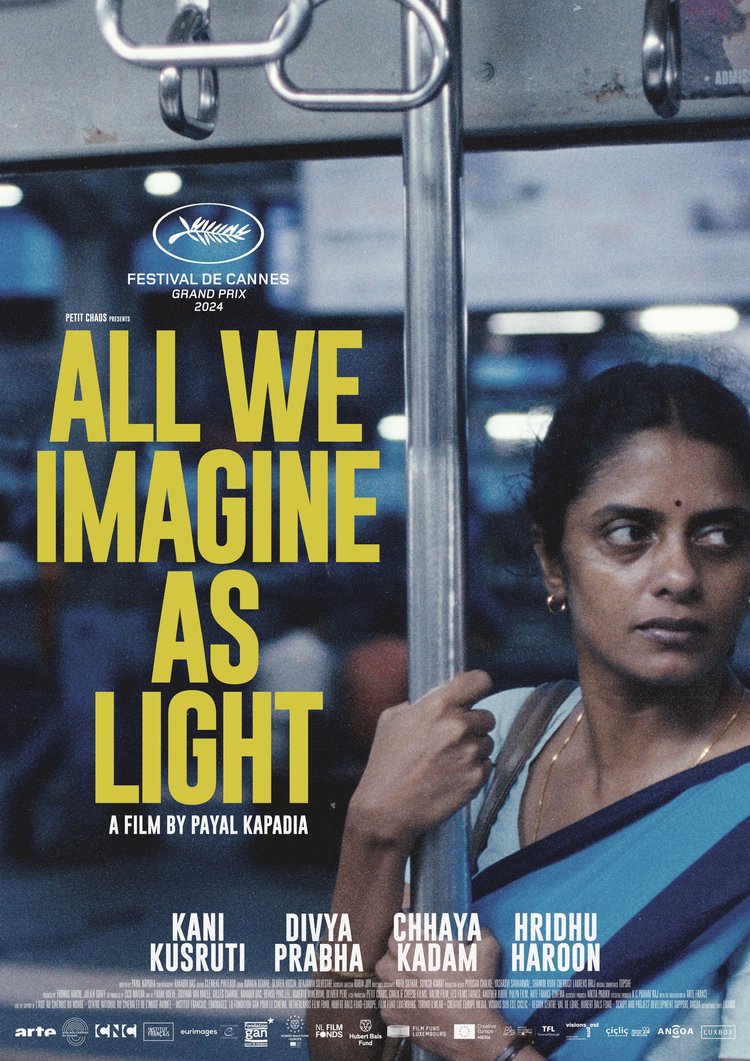
Film Review: All We Imagine As Light
A luminous, quietly radical ode to everyday women and the dreams they dare to whisper.
In All We Imagine As Light, Indian filmmaker Payal Kapadia crafts a gentle, luminous meditation on womanhood, friendship, and the quiet rebellions that simmer beneath everyday life. It’s a film that feels like poetry captured on celluloid — delicate, layered, and achingly intimate.
Set against the sprawling, chaotic backdrop of Mumbai, the story follows Prabha, a nurse in her 30s, and her younger roommate Anu, as they navigate the tangled complexities of work, love, and selfhood in a city that rarely stops to breathe. Their lives, though ordinary on the surface — late-night shifts, cramped apartments, whispered phone calls — pulse with an undercurrent of yearning and quiet defiance.
Kapadia, known for her Cannes-winning documentary A Night of Knowing Nothing, brings a similarly lyrical, observational style to her first narrative feature. Her camera lingers on the mundane — the flickering of fluorescent lights in a hospital corridor, the hush of early morning streets, the rustle of leaves in a coastal village — elevating them into moments of quiet transcendence.
The performances are subtle yet deeply affecting. Kani Kusruti as Prabha delivers a restrained, beautifully nuanced portrayal of a woman quietly questioning the life that has been set out for her. Divya Prabha’s Anu brings warmth and vulnerability, her youthful hopes tempered by the harsh realities of class and tradition.
What sets All We Imagine As Light apart is its refusal to sensationalize or dramatize. Instead, it leans into stillness and suggestion — stolen glances, half-spoken desires, the delicate spaces between words. It’s a portrait of women carving out slivers of freedom within the quiet confines of domestic and social expectation.
The film reaches its emotional peak when the two women escape the city on a trip to the Konkan coast. Here, amid the lush greenery and the gentle lull of the ocean, their world momentarily expands — love feels possible, solitude feels nurturing, and the weight of expectation momentarily lifts.
Kapadia’s film doesn’t offer easy resolutions — like life, it is messy, unresolved, beautiful in its ambiguity. But what it does provide is a rare, deeply human look at female interiority in South Asia — rarely depicted with such tenderness on screen.
A quiet triumph of subtle filmmaking, All We Imagine As Light reminds us that sometimes, the softest stories resonate the loudest. It’s a film to sit with, to return to — much like the flickering hope that its title so beautifully evokes.
Screening at Unseen Nairobi until the end of June.






